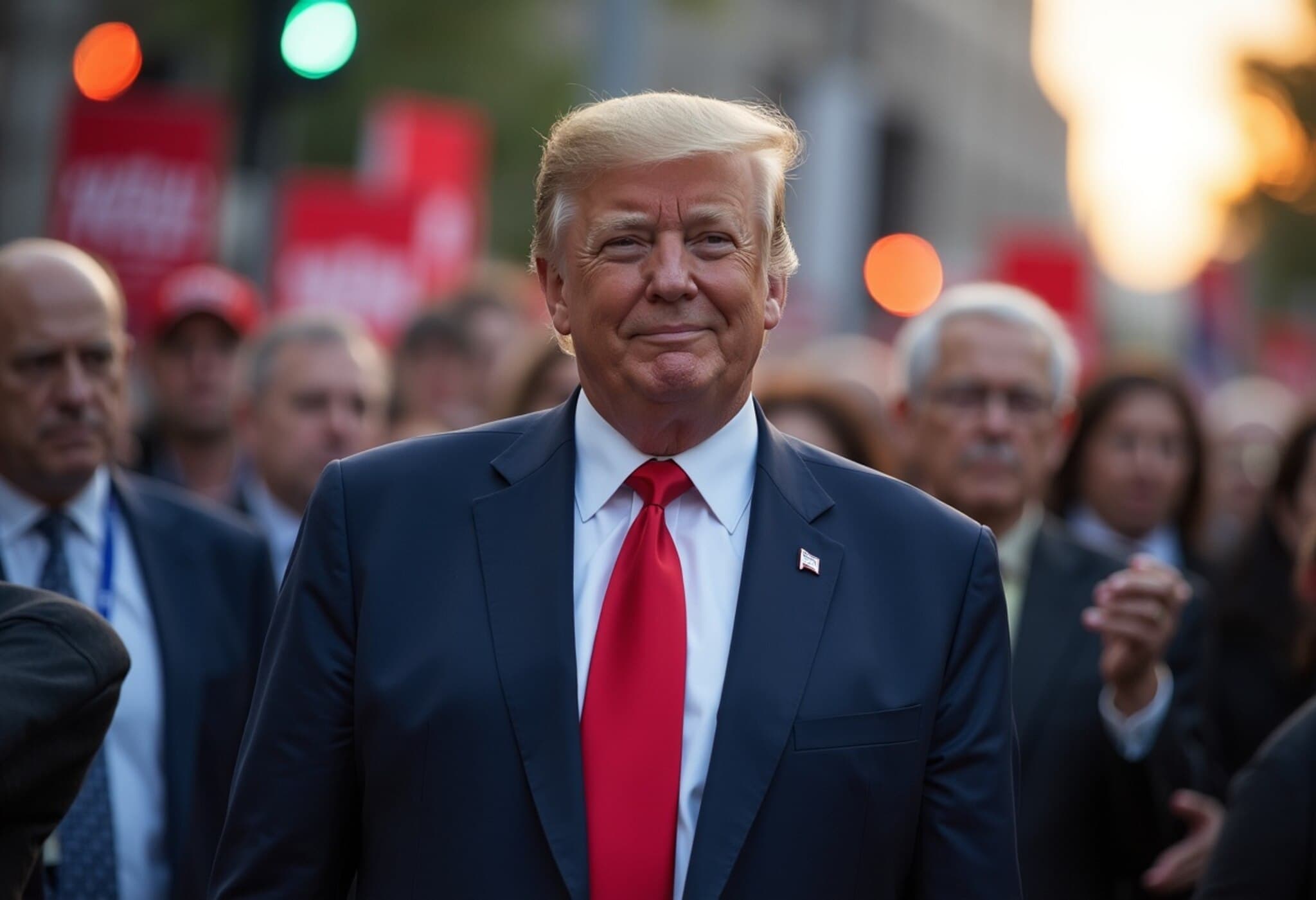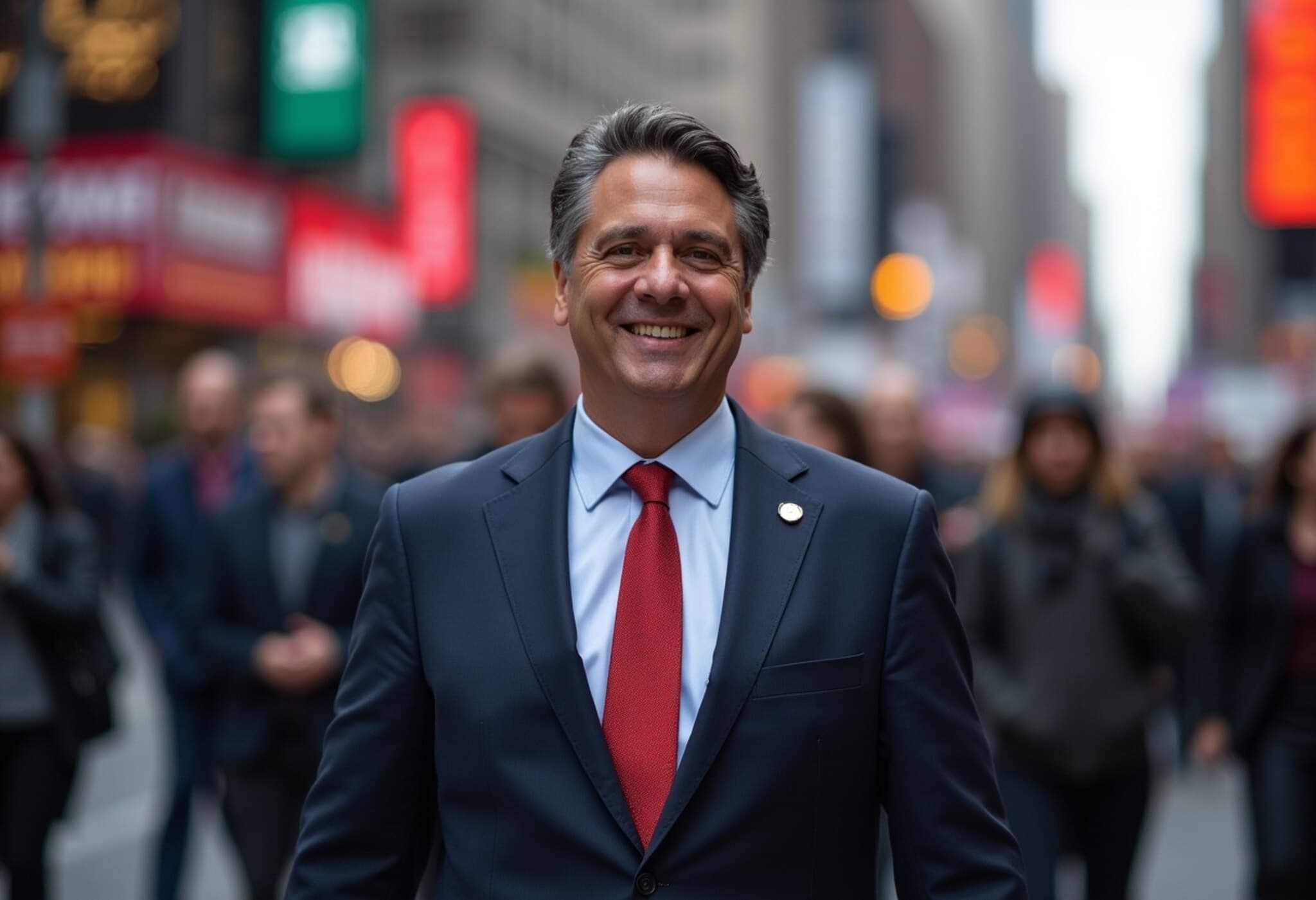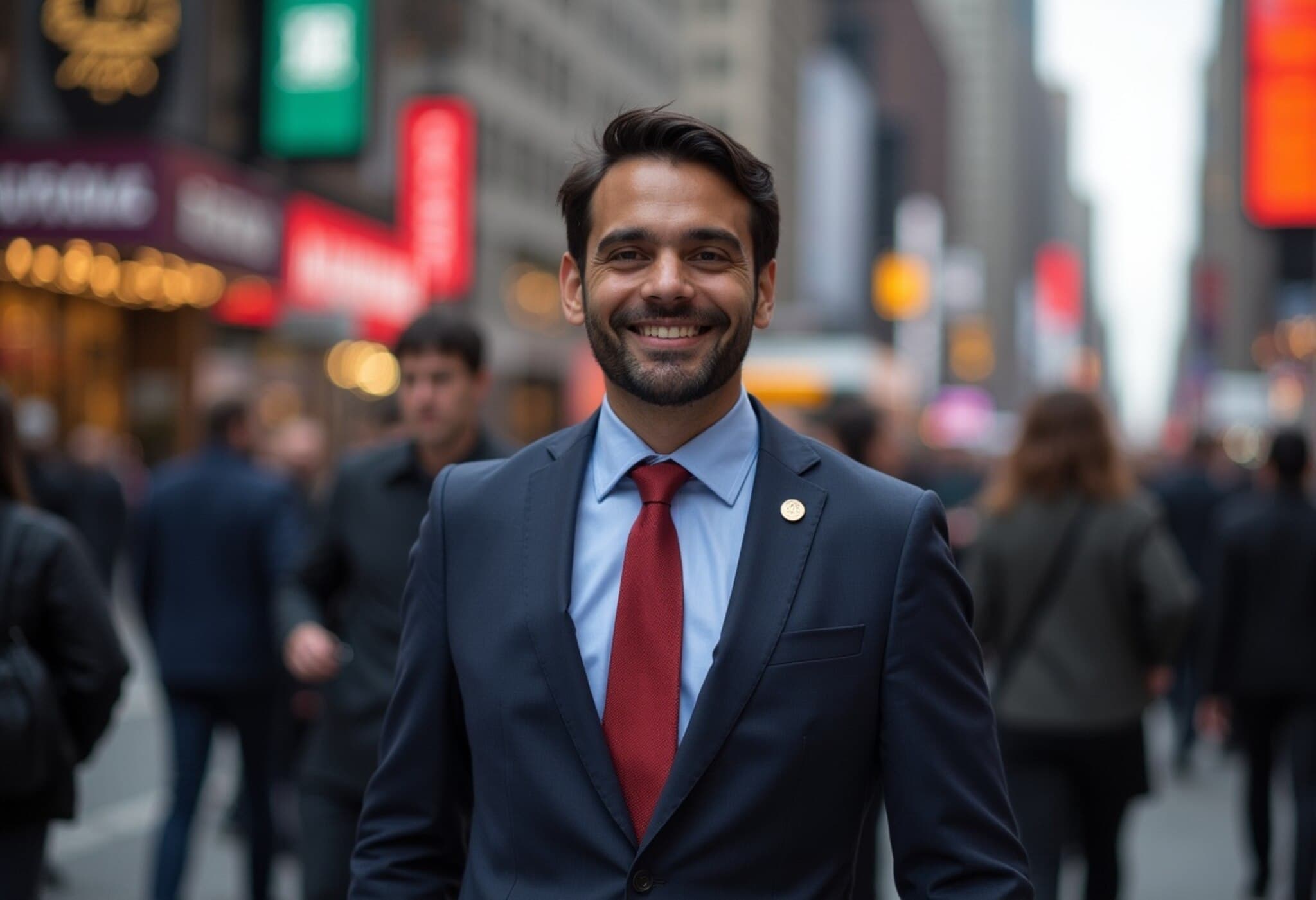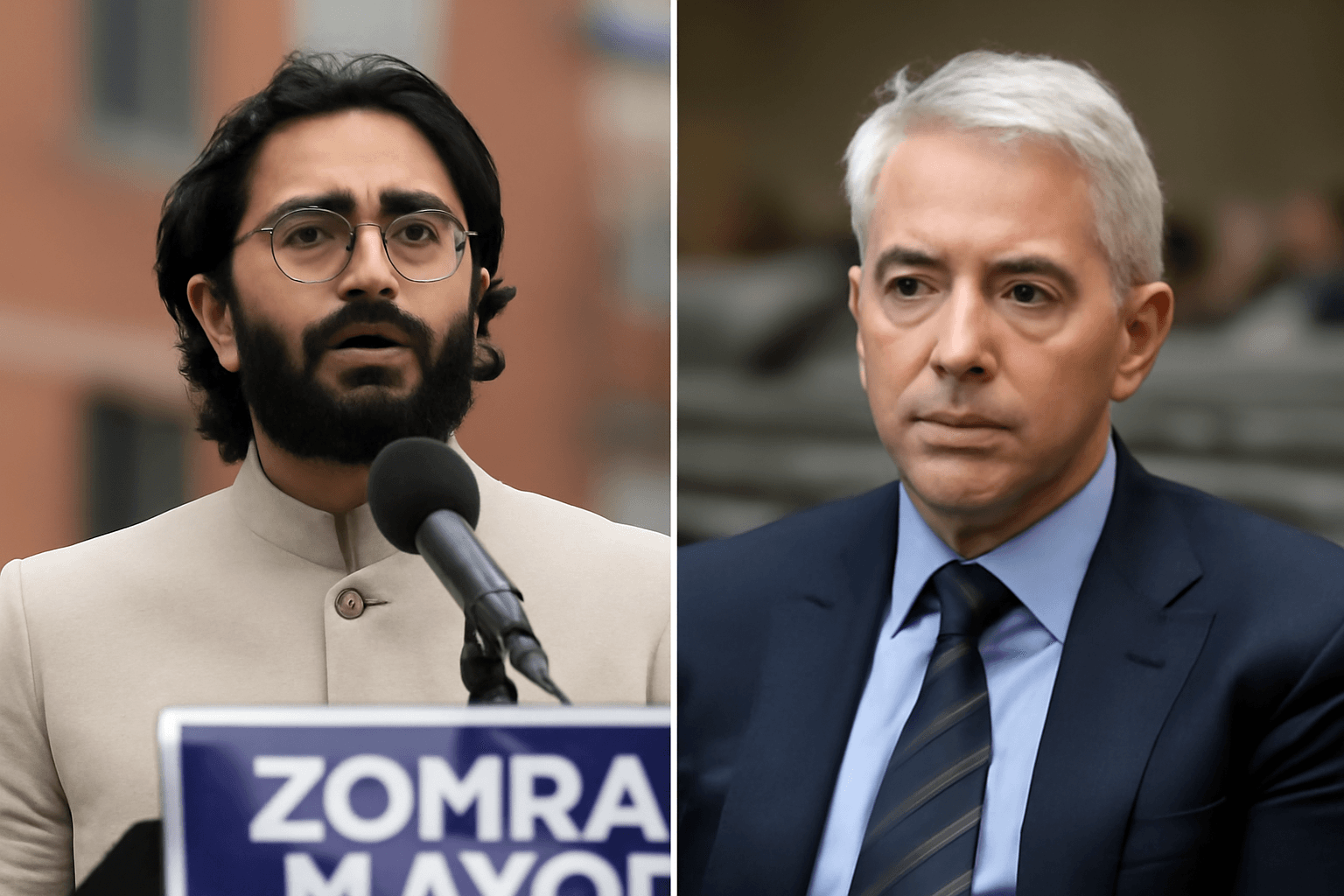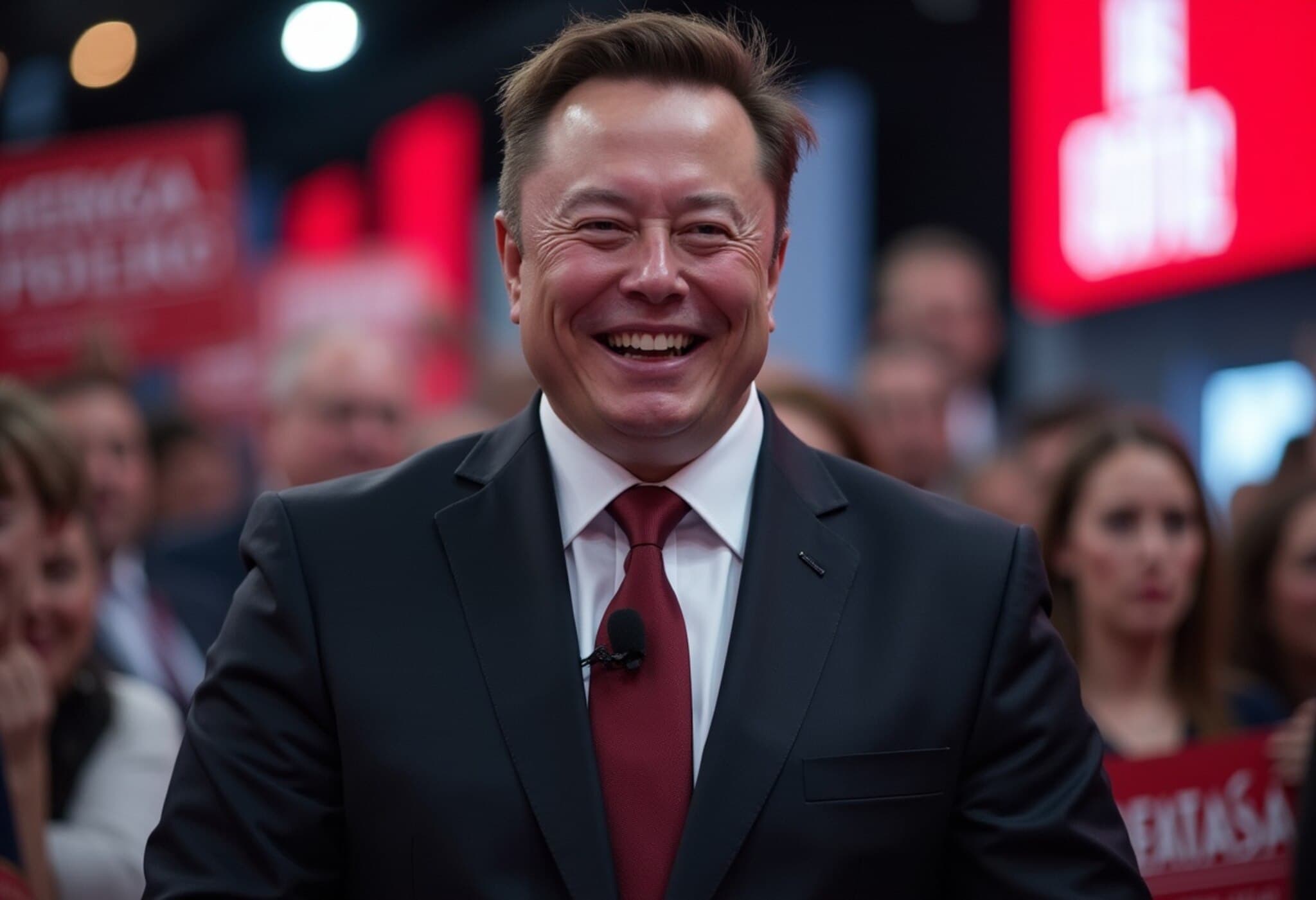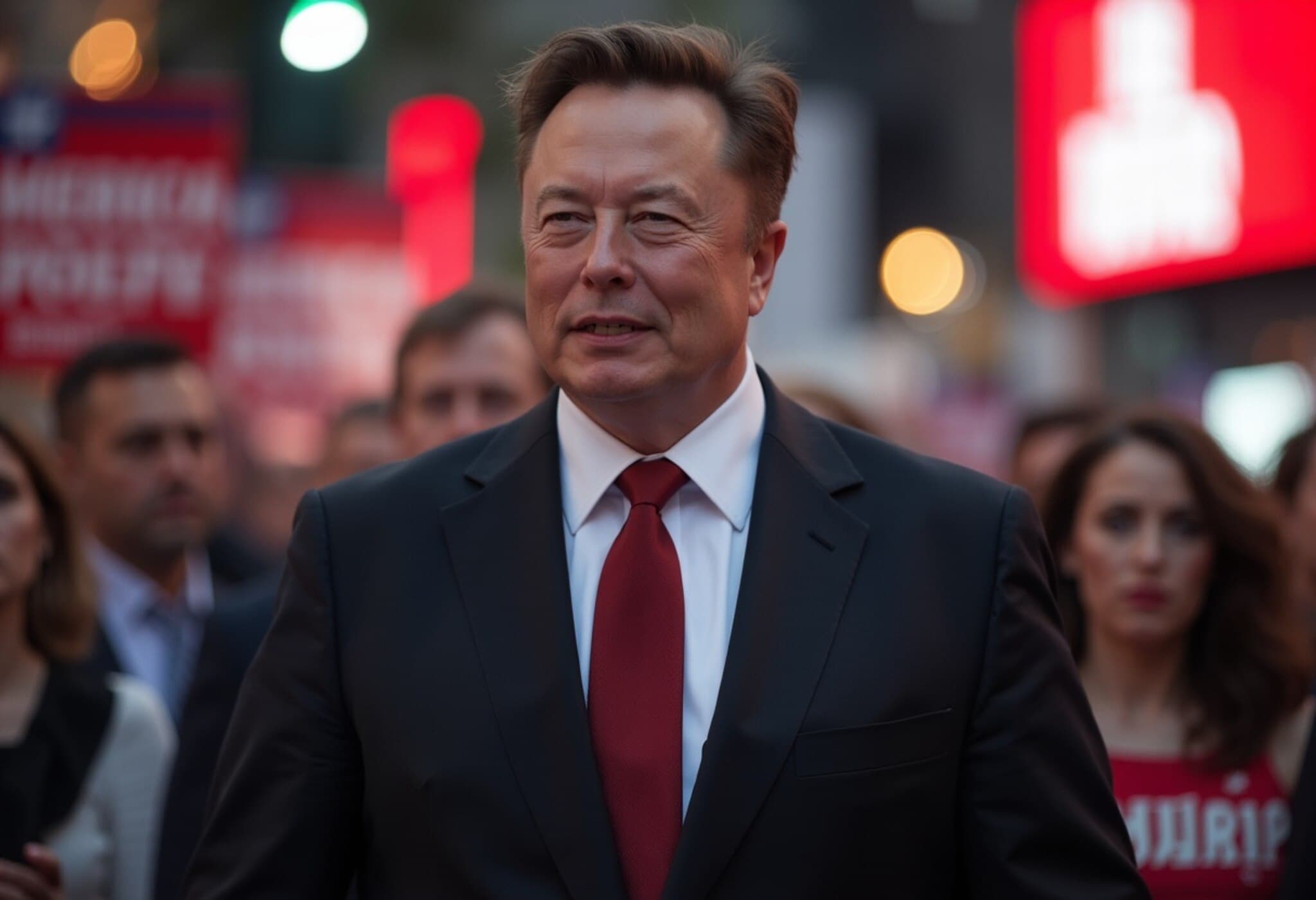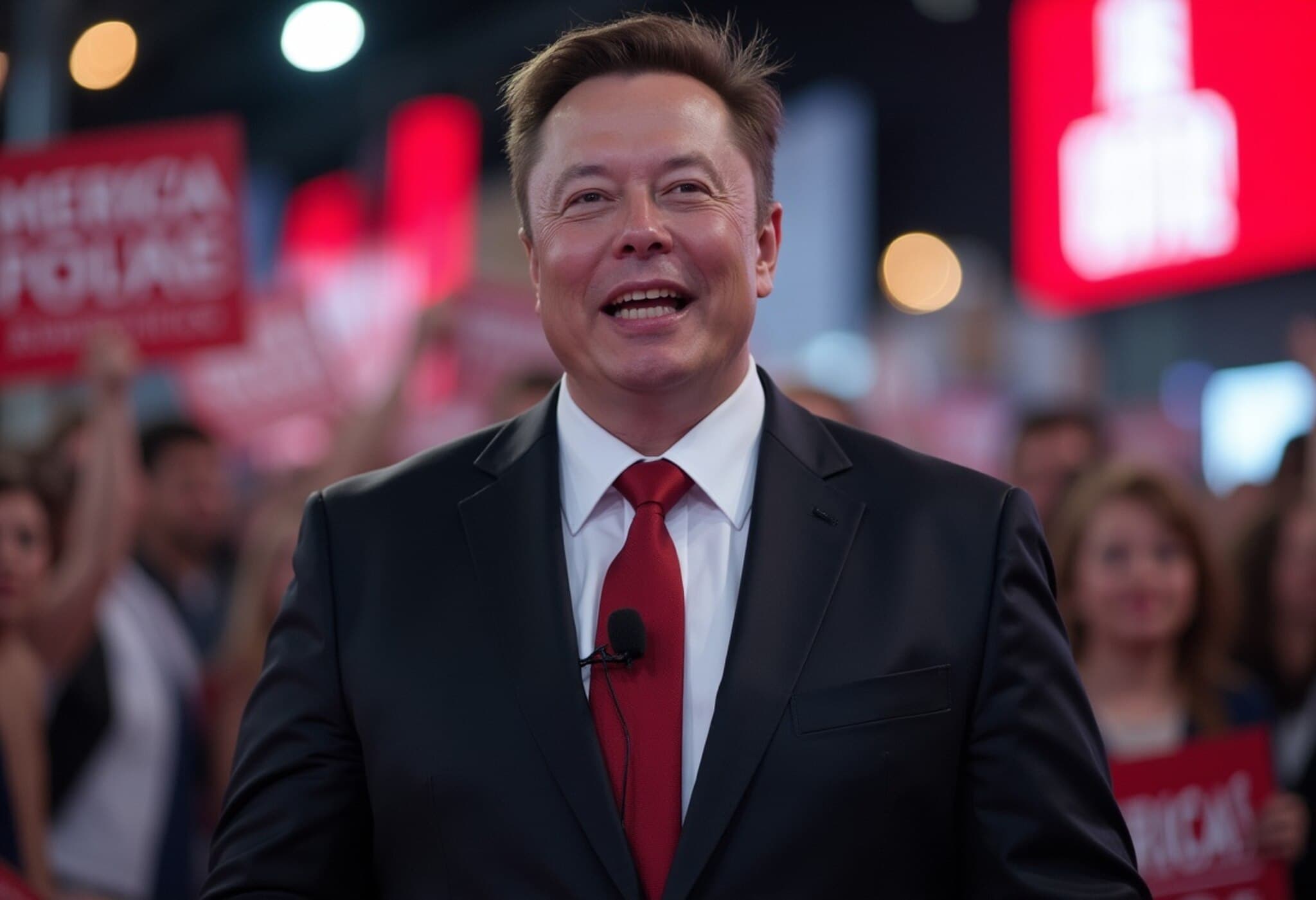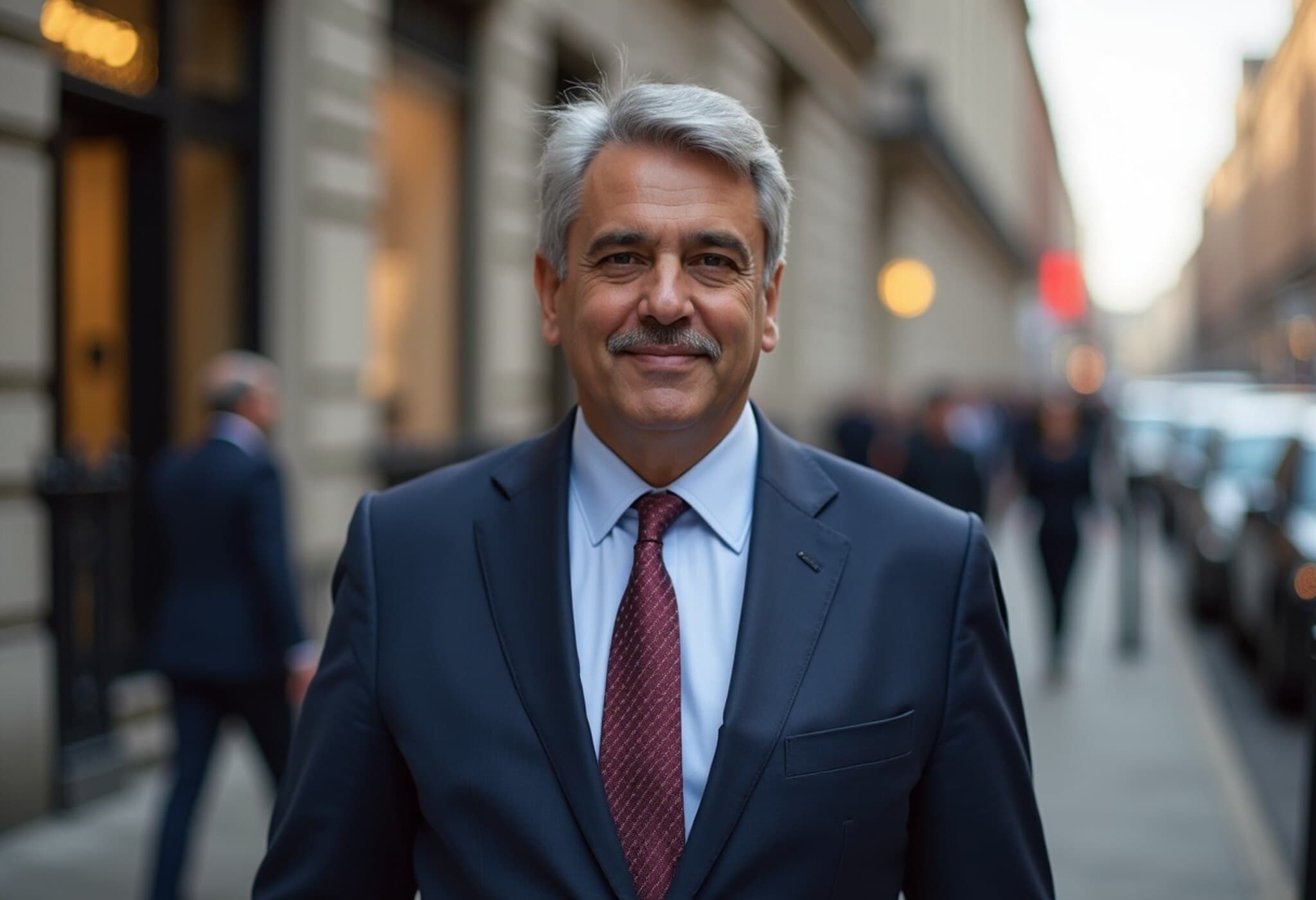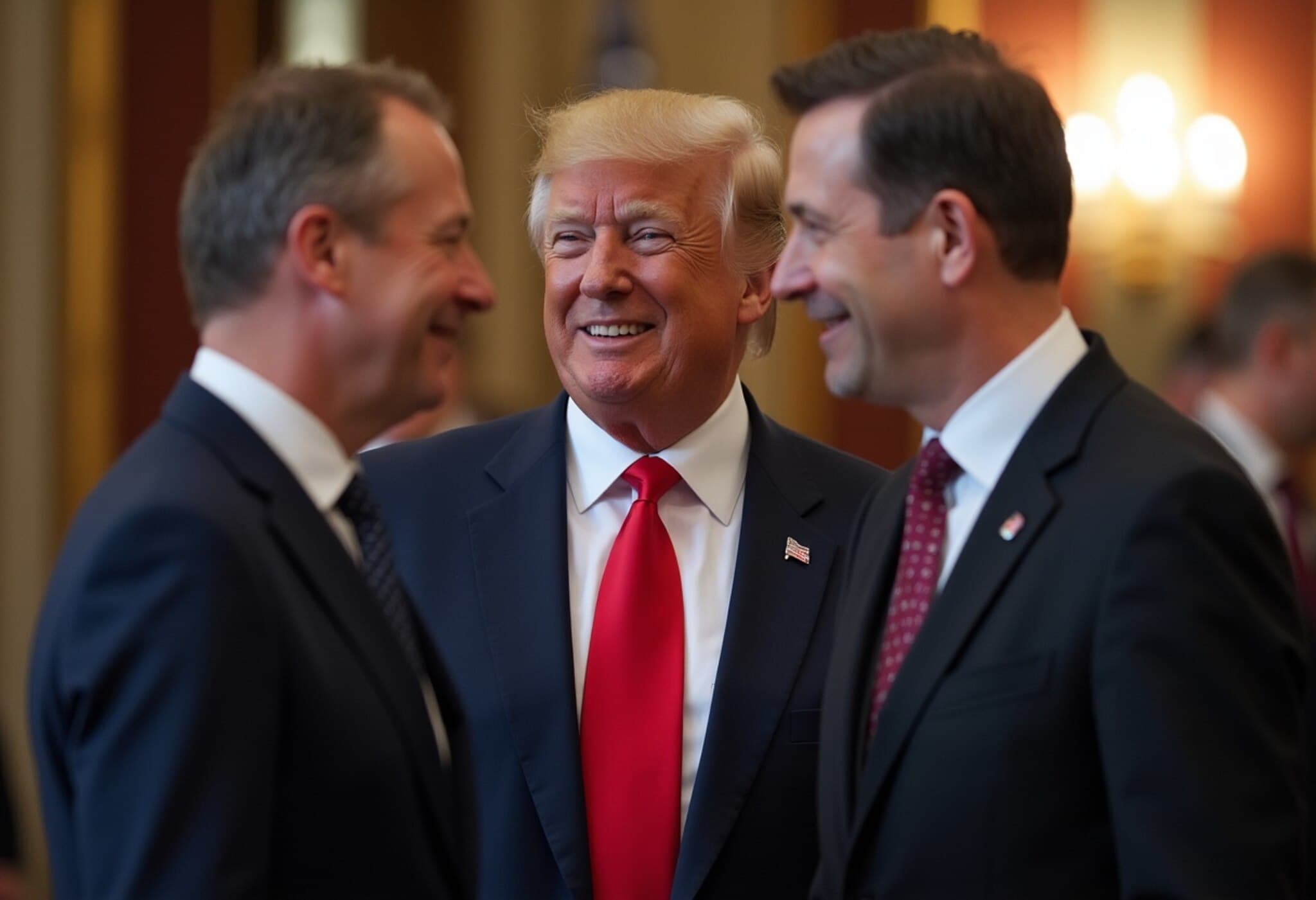UK Government Proposes Lowering Voting Age to 16
In a landmark decision aimed at reinvigorating democratic engagement among young people, the United Kingdom has announced plans to lower the voting age from 18 to 16 for all UK elections. This initiative, if approved by Parliament, will expand voting rights to millions of 16- and 17-year-olds across England and Northern Ireland, aligning these regions with Scotland and Wales, where younger voters are already enfranchised in devolved elections.
Deputy Prime Minister Angela Rayner emphasized the reform's goal: "This move is a crucial step to break down barriers that prevent young people from taking an active role in shaping their future." The announcement responds directly to concerns over dwindling voter turnout, particularly highlighted by the 2024 general election, which witnessed only 59.7% participation, the lowest since 2001.
Why Lower the Voting Age?
Research cited by Parliament underscores that 16-year-olds not only show more enthusiasm but are statistically more likely to vote than their 18-year-old counterparts. Advocates argue early engagement fosters lifelong civic responsibility and helps ensure that younger generations’ perspectives influence policymaking, especially on pressing issues like climate change, education, and employment.
Cracking Down on Foreign Influence in UK Politics
Alongside broadening the electorate, the UK government is introducing a stringent set of reforms designed to shore up the integrity of political financing.
These reforms seek to close loopholes that have historically permitted foreign money to flow into UK elections via complex corporate structures such as shell companies. Currently, UK-registered companies can donate freely, regardless of where their income originates or who ultimately owns them.
Key Electoral Finance Reforms Include:
- Mandating political parties verify that donating companies earn income principally in the UK or Ireland.
- Closing legal loopholes exploited by foreign entities to spread influence covertly.
- Implementing harsher penalties, including fines up to £500,000, for violations related to political donations.
- Criminalizing false or misleading declarations about donor origins and finances.
While transparency advocates have welcomed these developments, critics point out the reforms do not establish a cap on individual political donations, leaving open questions about the extent of influence wealthy donors may still wield.
Broader Context and U.S. Parallels
The UK’s move to lower the voting age mirrors ongoing international debates about youth participation in democracy. For instance, several U.S. cities have explored lowering local voting ages for municipal elections, reflecting a growing recognition of young people’s stake in the political process.
Equally, the tightened scrutiny on foreign donations parallels concerns in the United States about foreign interference, such as seen with legislative efforts like the Foreign Agents Registration Act (FARA) amendments and the FEC’s ongoing regulatory challenges.
Challenges and Opportunities Ahead
Lowering the voting age undoubtedly presents challenges, including ensuring effective civic education to help younger voters make informed choices. However, it also offers an extraordinary opportunity to cultivate a more engaged electorate from an earlier age.
Meanwhile, by shoring up the rules around political donations, the UK government aims to restore public trust in the electoral system, ensuring that democratic outcomes reflect the will of domestic citizens rather than hidden interests.
Editor’s Note
This dual reform — enfranchising younger voters while tightening political donation rules — signals a robust effort by the UK to adapt its democracy for the 21st century. As we watch these changes unfold ahead of the next general election, key questions remain: Will these measures effectively boost turnout and political transparency? How will younger voters influence the future policy landscape? And what lessons might other democracies, including the U.S., draw from the UK’s experience?
The response from both the electorate and political parties over the coming months will be critical in shaping the narrative of democratic renewal.


